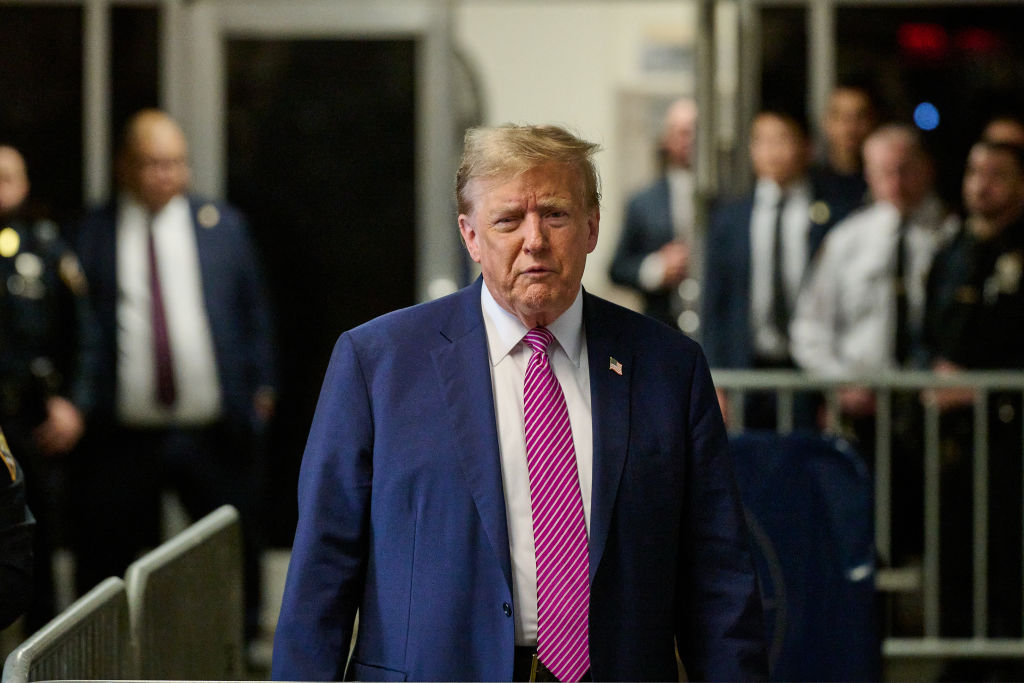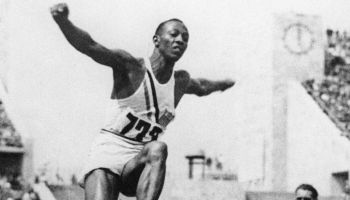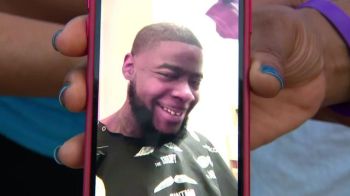CAIRO — Egypt’s prosecutor general ordered Tuesday former President Hosni Mubarak put on trial on charges of corruption and conspiring in the deadly shootings of protesters during the uprising that ousted him, a stunning step against a leader whose power was nearly unquestioned for three decades.
The announcement that Mubarak would face a criminal court grants a major demand of Egyptians who have threatened a second revolution amid growing worries about the slow pace of change under the country’s new military rulers. The charges could carry the death sentence, said the prosecutor-general spokesman Adel el-Said.
It would be the first time an Arab leader is sent to trial solely by his own people in modern history. Iraq’s leader Saddam Hussein was toppled during the U.S. invasion in 2003 and sentenced three years later to death for killing 140 Shiites.
“It is the first time that a living president is going to face victims of his abuse before an ordinary court in the region,” said Hossam Bahgat, a prominent human rights activist. “It is precisely because of this unique and unprecedented nature that we need for this trial to be as credible as possible.”
Mubarak was forced to step down after an 18-day popular uprising that was met with a heavy security crackdown. A government fact-finding mission said at least 846 people were killed and a thousands injured.
Mubarak transferred power to a military council on Feb. 11, which promised to guide Egypt’s democratic transformation to a civilian rule.
But the prosecution of the 83-year old Mubarak remained a sore point under the new leadership. Protesters pressed demands that Mubarak face justice, taking to the streets a number of times and criticizing the military for stalling.
The statement from prosecutor-general Mahmoud Abdel-Meguid, who also served under Mubarak, came ahead of a planned Friday protest that was to have focused on calls for Mubarak be put on trial and for remnants of his regime to be uprooted, including the hated emergency laws that remain on the books more than three months after his ouster.
“This (referral) is for the millions who suffered under Mubarak,” said Zuhra Said, the sister of torture victim Khaled Said whose deadly beating at the hands of police agents was one of the mean driving force behind the popular uprising. “This is the least that needs to be done.”
Earlier this month, Tunisia’s toppled president Zine El Abidine Ben Ali was charged along with his wife of inciting violence in the bloody crackdown on the popular uprising there. Ben Ali has fled to Saudi Arabia, which has not answered a Tunisian request to extradite him.
The charge sheet against Mubarak said he “conspired with the former security chief and other senior police officers – already on trial in a criminal court – to commit premeditated murder, along with attempted murder of those who participated in the peaceful protests around Egypt.”
This, according to the charges, was through “inciting some policemen and officers to shoot the victims, running some of them over to kill them, and terrorizing others … to sway them from their demands and keep (Mubarak) in power.”
Wael Abdel-Fattah, a columnist who participated in the protests, said the referral might have been an attempt by the military rulers to absorb the public anger. “But this means much more. It gives hope to the public…that the pharaoh can be broken down and put in a cage,” Abdel-Fattah said.
Mubarak and his two sons also were charged with abusing power to amass wealth, enriching associates and accepting bribes, the prosecutor-general’s office said. A close associate of Mubarak, Hussein Salem, also was charged with bribery. He is at large. The two sons, who are in detention in a Cairo prison, are facing investigation for other accusations.
The Mubaraks are accused of accepting bribes to facilitate for Salem to get business deals including land in the Sinai and a business deal to export gas to Israel.
Mubarak has been in custody in a hospital in the Red Sea resort of Sharm el-sheik since last month, but these were the first formal charges filed against him.
The decision to put him on trial is a very “symbolic” move toward accountability in a a system in which impunity for abuses were in the norm, said Heba Morayef of Human Rights Watch.
The Mubaraks and other members of the former regime have been the subject of legal efforts to bring them to trial since the ex-president was forced to resign. Egypt’s former security chief, Habib el-Adly, and four of his top aides are already on trial in the shooting of protesters.
Lawyer Nasser Amin said Mubarak can face trial as soon as next month. “This is the first step toward transitional justice,” Amin said.
Mubarak’s prosecution has been complicated by health concerns. He has been interrogated in the hospital, but an order by the prosecutor to transfer him to prison during the investigation was overturned on grounds the prison health facilities were not ready to receive him. He was never moved to a military hospital as suggested by the prosecutor.
The prosecutor had earlier ordered the freezing of the assets of Mubarak and his family. His 70-year-old wife Suzanne was released after she relinquished assets and property valued at $4 million. The move aimed to settle corruption allegations against her, but it was unclear whether she would still face trial.
Protester calls were energized by reports last week suggesting the military rulers might grant Mubarak amnesty, although the military rulers quickly denied the report.
Activist Hossam Hamalawi said the Friday protests will go ahead because there are other unmet demands besides trying Mubarak.
Essam el-Erian, a leading member of the newly launched Muslim Brotherhood political party called Freedom and Justice, said holding officials accountable, let alone the former president, was a “long awaited day.”
“This is a new dawn for the Arab world, and a message that this is the democratic model that the Arabs are seeking,” he said.
RELATED:
















